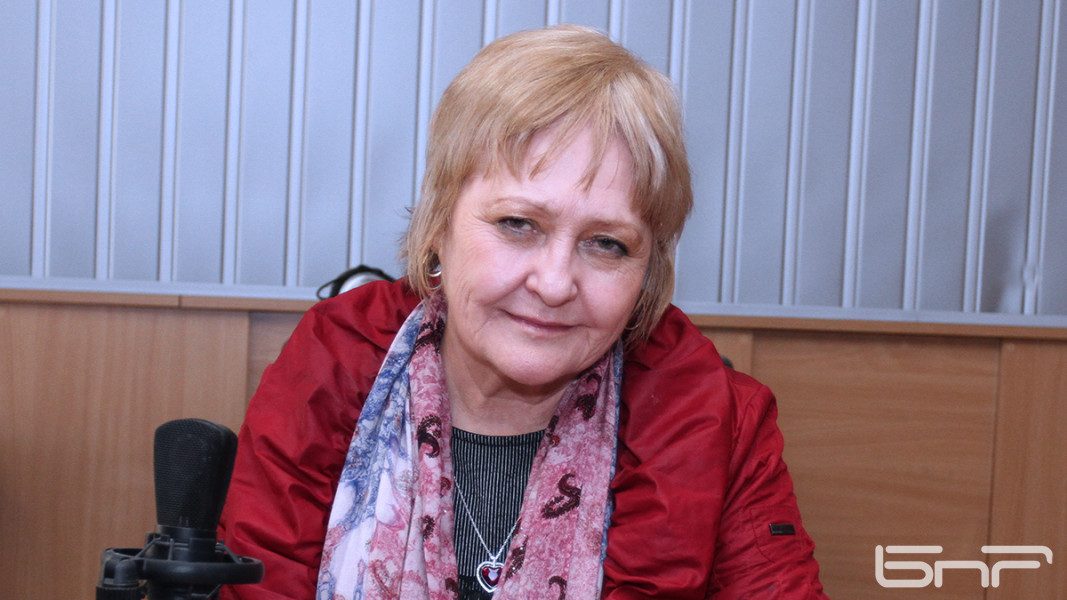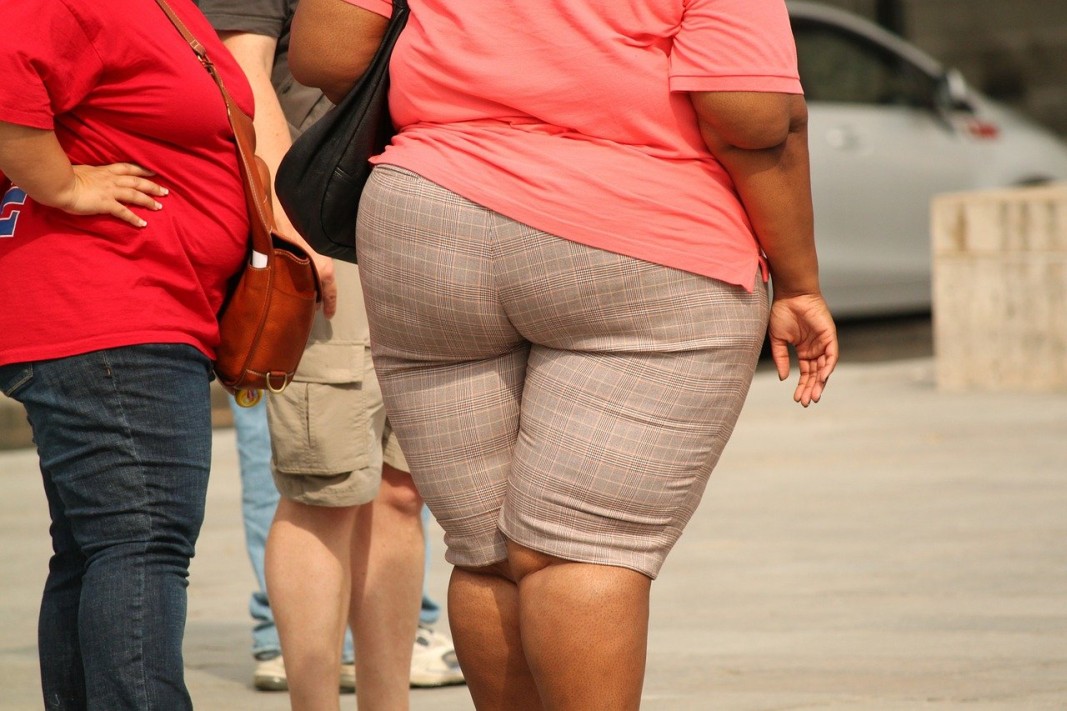Two in three Bulgarians are overweight. With regard to this tendency, Bulgaria is running ahead of European and world obesity trends, indicate the latest data of the World Health Organization on occasion of the World Obesity Day marked on March 4. More than 61% of Bulgarians are overweight. Obesity is a chronic disease associated with excessive fat accumulation that presents a risk to health. It affects negatively peoples’ health and reduces life expectancy. 13.6% of the Bulgarian children are overweight. Moreover, 17.1% of the boys aged 5 to 9 are overweight and 10.2% of the girls at this age are overweight.
The body mass index is the main indicator used to define overweight and obesity. Bulgarians have put on body weight over the past year, because many people stayed at home for a long time and did not exercise enough. The negative results are visible in people who work and study online. In the beginning of the lockdown, when contacts between people were minimized, we noticed that people were gaining weight. Children and adolescents were also putting on weight amidst a period of depression and anxiety. All these factors contribute to the increase of body weight, said public health nutritionist Professor Donka Baikova:
 “Some people found a way to shift to a healthier nutrition. Moreover, they increased their physical exercises, although they had to stay and work at home. Fortunately, the human body can quickly get rid of the kilograms gained over a very short period of time, because the fat cells need more time to remember an unhealthy diet. However, some Bulgarians left this problem for the post-Covid-19 period. However, the coronavirus pandemic is not likely to end soon and experts recommend that people do not delay the fight against excess weight and immediately adopt measures to lose weight. Overweight and obese people are at greater risk for severe Covid-19.”
“Some people found a way to shift to a healthier nutrition. Moreover, they increased their physical exercises, although they had to stay and work at home. Fortunately, the human body can quickly get rid of the kilograms gained over a very short period of time, because the fat cells need more time to remember an unhealthy diet. However, some Bulgarians left this problem for the post-Covid-19 period. However, the coronavirus pandemic is not likely to end soon and experts recommend that people do not delay the fight against excess weight and immediately adopt measures to lose weight. Overweight and obese people are at greater risk for severe Covid-19.”
 This is so, because fat is stored up around the organs of overweight people. Fat is wrapped around their heart and infiltrated into their liver. Their blood vessels get clogged with fat. The skeletal system cannot endure excess weight. Our optimal weigh is our height in centimeters minus 100, said Professor Baikova and called on the people who do not fall into this category to take immediate measures.
This is so, because fat is stored up around the organs of overweight people. Fat is wrapped around their heart and infiltrated into their liver. Their blood vessels get clogged with fat. The skeletal system cannot endure excess weight. Our optimal weigh is our height in centimeters minus 100, said Professor Baikova and called on the people who do not fall into this category to take immediate measures.
 “They must gradually shift towards a low fat nutrition and increase physical exercise. The healthy weekly menu includes three meat meals, two portions of fish and two meatless dishes, in which we can add daily products or an egg. When we do not consume meat, our menu must always include potatoes, rice, corn, cereals and beans. People should eat high-carb foods such as rye bread, oatflakes and linseed at breakfast. However, they should continue their physical exercise.”
“They must gradually shift towards a low fat nutrition and increase physical exercise. The healthy weekly menu includes three meat meals, two portions of fish and two meatless dishes, in which we can add daily products or an egg. When we do not consume meat, our menu must always include potatoes, rice, corn, cereals and beans. People should eat high-carb foods such as rye bread, oatflakes and linseed at breakfast. However, they should continue their physical exercise.”
English version: Kostadin Atanasov
Photos: Pixabay, archive, Ani Petrova
The Bulgarian national minority in Albania is one of the largest in the country, according to data from the latest official population census. A total of 7,057 individuals identified as Bulgarians. For comparison, 23,000 people identified as Greeks,..
From today, residents of Stara Zagora, young and old, can send their letter to Santa Claus. A letterbox has been set up in the foyer of the city's State Puppet Theatre to collect messages for Father Christmas. The cultural institution guarantees that..
A Christmas tree with Bulgarian decorations has been placed in a central location at the Griffin Museum of Science and Industry in Chicago. For the fifth consecutive year, Bulgarians living in Chicago crafted the lavish decoration of the Bulgarian..
Over 3.5 million Ukrainians have arrived in or passed through Bulgaria since the beginning of the war. Nearly 200,000 people have found temporary..
At the Bulgarian Embassy in London, Prof. Bettany Hughes presented excerpts from the new BBC series - Wonders of Bulgaria. Prof. Bettany..
An innovation for the treatment of diabetic foot ulcer using the patient's own tissue and artificial intelligence has been implemented at the University..

+359 2 9336 661
